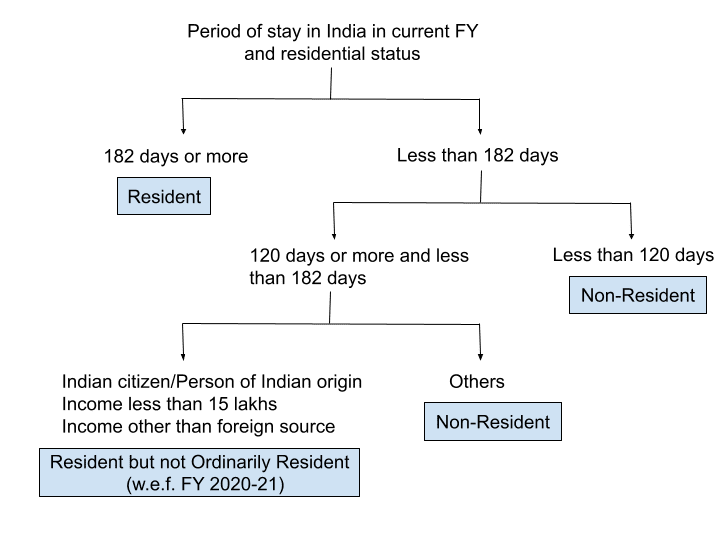Have you earned some foreign income while working abroad this financial year?
While working abroad, have they deducted some tax on your foreign income? If you are a Indian resident, then as per income tax, your income earned anywhere in the world is taxable here in India. But to know that how this income be included in your tax return? Explained here:
???? Convert all your income generated abroad into Indian currency – convert by using SBI telegraphic transfer buying rate (TTBR) of previous months last date in which income is due. For example, for converting salary income of October 2021, use the TTBR of the relevant currency for September 2021 and convert your income to Rupees.
???? Now, include these income as per their head e.g. Put salary income under the head ‘salaries.
???? This income will be treated as any other income earned by you locally. Minimum Rs 2,50,000 exemption is allowed on your total income, remaining income will be taxable as per your tax slab.
???? If TDS has already been deducted from your income, you are allowed to take credit for such taxes. For this purpose, reference must be made to the relevant Double Tax Avoidance Agreement (DTAA) of the country where you earned such income. India has entered into DTAAs with various countries to makes sure that you as a taxpayer is not taxed twice for single income earned abroad. Most of the times income is taxed at source where it is originated and as a resident of a particular country you're usually liable to pay tax in your country of residence. Here DTAA ensures that you're not adversely impacted. You're allowed to take credit of TDS.
???? In order to Take benefit of DTAA you need to obtain Tax Residency Certificate (TRC) that helps identify and certify your tax residency status to make sure the correct DTAA has been applied. This is in line with the tax laws in India.
???? While taking TDS credit, make sure you are referring to the correct DTAA. Under DTAA, there are two methods to claim tax relief – exemption method and tax credit method. By the exemption method, your income is taxed in one country and exempted in another. In the tax credit method, where the income is taxed in both countries, tax relief can be claimed in the country of residence.
???? If no DTAA exists between the 2 countries, you may still be able to get a tax credit on foreign taxes paid. You may need an expert to assist you.
???? In the latest income tax return forms, several disclosures have been added for income on which DTAA benefit has been claimed.
If you have earned foreign income on which TDS or any form of tax has been deducted, you may need help from an expert to obtain a TRC and make sure the correct DTAA is applied, so you can take credit for the foreign tax deducted.






